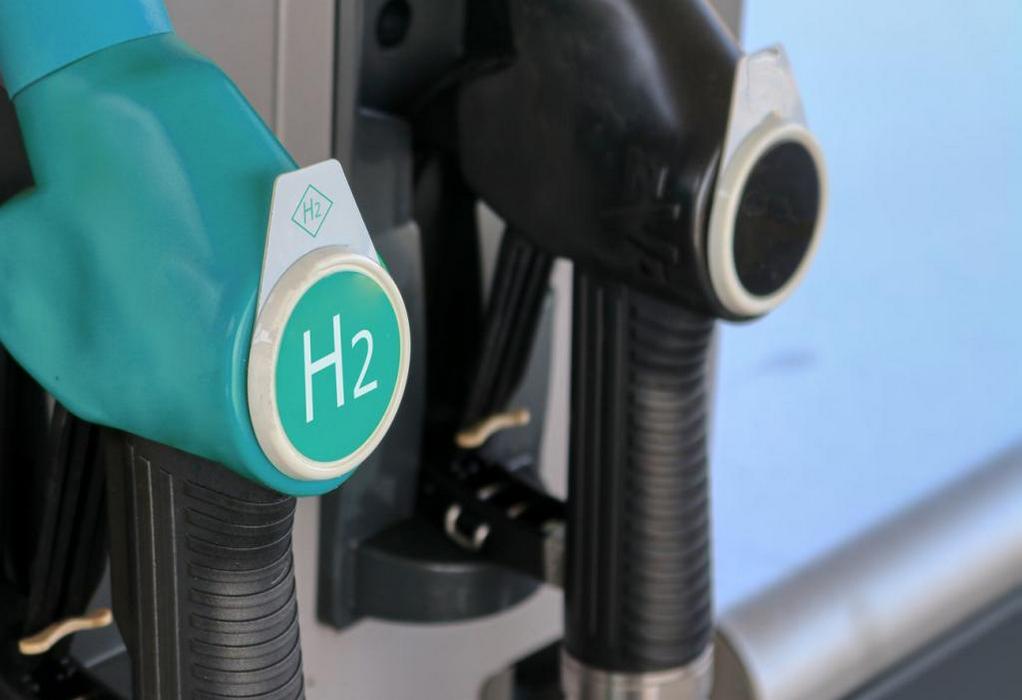Hydrogen economy stakeholders believe that Pune is strategically positioned to become the hydrogen hub in the country with all the necessary building blocks in place. There exists technological competence in electrolysers, fuel cells, biomass-based hydrogen, power electronics, testing and calibration, and R&D to successfully develop a Hydrogen Valley in the region. Dozens of companies are working on hydrogen fuel.
There are also green hydrogen offtake possibilities in Pune and neighbourhood regions, in industry sectors such as mobility, fine chemicals, steel, and fertilisers as well as in other sectors such as data centres, cold storage and gated communities. Hydrogen generation possibilities from sugar industries were significant.
To promote hydrogen economies, large-scale hydrogen flagship projects (Hydrogen Valleys – H2Vs) have been set up in 20 countries across the globe. India has committed to facilitate the creation of three Hydrogen Valleys by 2030 under the Clean Hydrogen Mission.
A Hydrogen Valley is a defined geographical area where hydrogen serves more than one end sector or application in mobility, industry, and energy. It covers all steps in the hydrogen value chain, from production to subsequent storage and its transport and distribution to various off-takers. The Department of Science and Technology, GoI, (DST) has called for proposals for the development of Hydrogen Valley Platforms in India and is carrying out discussions with stakeholders in the hydrogen space.
Siddharth R Mayur, founder and managing director of h2e Power, says with companies such as h2e, KPIT, Ador, Thermax, Eka Mobility, homiHydrogen, Praj and off-takers in and around Pune who are engaged in every part of the Hydrogen value chain, Pune already has a Hydrogen Valley ecosystem in place, not to forget institutions like the National Chemical Laboratory who bring the research base to the NetZero efforts.
Ashish Lele, director, CSIR-NCL said R&D and industry would collaborate to create sustainable Hydrogen Valleys, which would showcase hydrogen technologies, assess techno-commercial viability, enable customer experience and spur indigenisation and manufacturing in the SME sector.
Companies in Pune have already started working on hydrogen. Green hydrogen company, h2e Power Systems with JV partners is setting up an integrated $50 million electrolyser manufacturing facility in Pune. h2e Power has just commissioned India’s first commercial-grade green hydrogen production plant for Oil India.
CSIR-NCL and Central Electrochemical Research Institute have worked with Sentient Labs, an R&D innovation lab, building on technologies incubated by KPIT Technologies, to launch India’s first indigenously developed and manufactured hydrogen fuel cell bus. They also started working on powering ships with this technology. Sentient and MACS-Agarkar Research Institute have developed technology to generate hydrogen directly from agricultural residue. Cummins has brought to India the technology to build one of India’s largest proton exchange membrane electrolyzers for GAIL in Madhya Pradesh. Praj Industries has started work on developing biohydrogen technology.
Tags: Electrolysers, Hydroge Valley, Hydrogen Hub, Pune



Recent Posts
Greenlyte and MB Energy sign strategic e-methanol offtake agreement
CSDC and TECHNOLOG forge alliance to drive green, smart shipbuilding
DPA Kandla invites bids for India’s first port-based bio-methanol plant
Green & Digital Maritime Corridors Dialogue’ at JNPA sets stage for India Maritime Week 2025
Thermax partners with HydrogenPro for alkaline electrolyser systems in India
PIL Conducts First Simultaneous Cargo and LNG Bunkering in Singapore
NYK Takes Delivery of LNG-Fuelled Capesize Bulker SG Dawn
Swire Shipping joins Achilles Maritime Network to strengthen supply chain sustainability and compliance